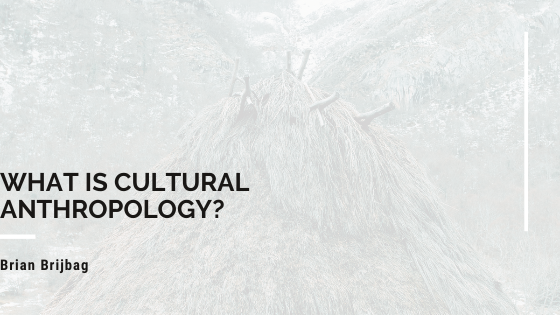Anthropology is derived by combining the Greek words for “human being” (anthro) and “study” (logia). Thus, anthropology is the “study of people.”
Academics have developed four kinds of anthropology over the years. Archaeology is one, linguistics is another and biological anthropology is a third. Cultural anthropology is perhaps the category that most people assume is being referred to when we talk about anthropology.
So cultural anthropology is the study of the culture of human beings. Culture is defined by professor W. Penn Handwerker as the “knowledge people use to live their lives and the way in which they do so.” Keep in mind that many definitions of what culture is having been offered over the years. For example, the official definition used by the U.S. National Park Service is: “A system of behaviors — including economic, religious and social — along with beliefs and social arrangements.”
Cultural anthropologists specialize in specific areas. Some might study the remote tribal peoples of the Brazilian rain forests. Others might focus on groups living in Arctic regions, such as the Inuit peoples of Greenland, Alaska and Canada. Still others may choose to look at the culture of tribal Africans. Most people may think all cultural anthropology is the study of such primitive, indigenous groups. However, a cultural anthropologist today might concentrate on a modern neighborhood in New York City, the culture among people who drive trucks or members of urban gangs. The possibilities are all but endless.
One of the most famous cultural anthropologists of the past century was the American researcher Margaret Mead. She gained global fame for her studies of people around the world. She published her first book in 1928, Coming of Age in Samoa. By the 1960s, Margaret Mead commanded widespread media attention and was among the most sought-after speakers on the lecture circuit. She was inducted into the National Woman’s Hall of Fame in 1978.
Mead’s work was more than academic. Her insights into world cultures deeply influenced the formulation of policy initiatives by the United Nations. World government leaders consulted with her on developing economic policies and social programs.
Cultural anthropology provides invaluable insights into what makes the diverse people of the world tick and why they act and live the way they do.

